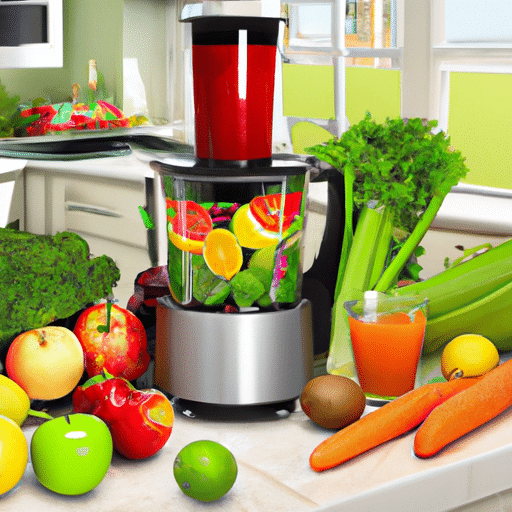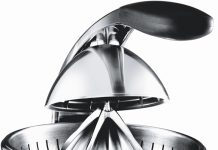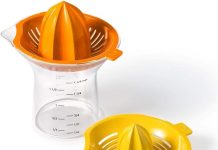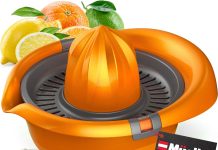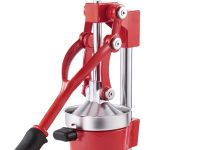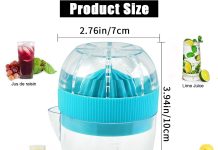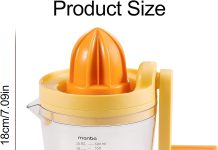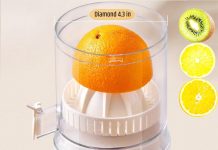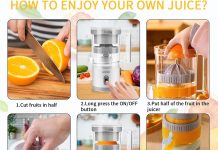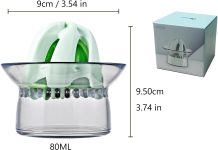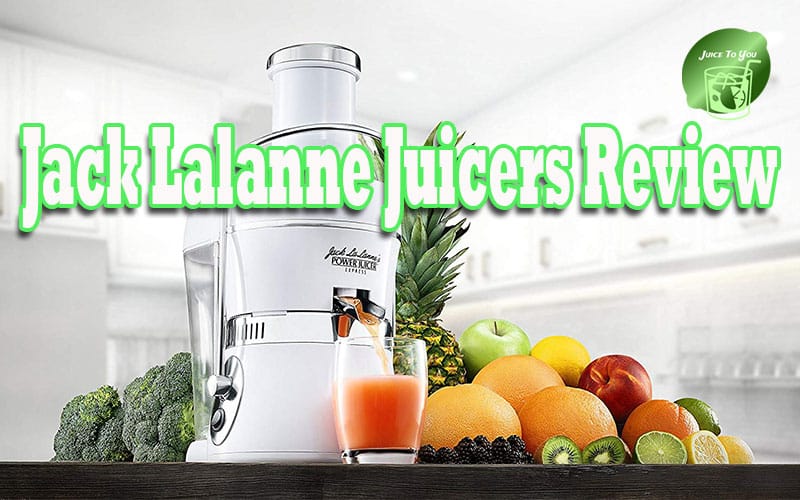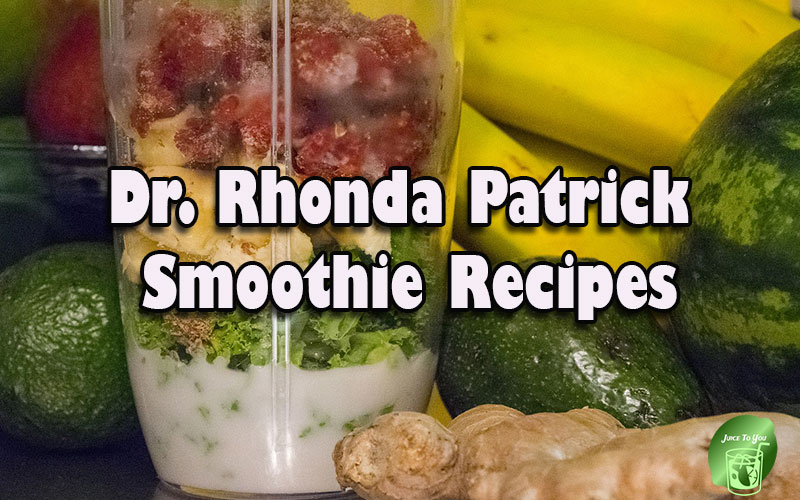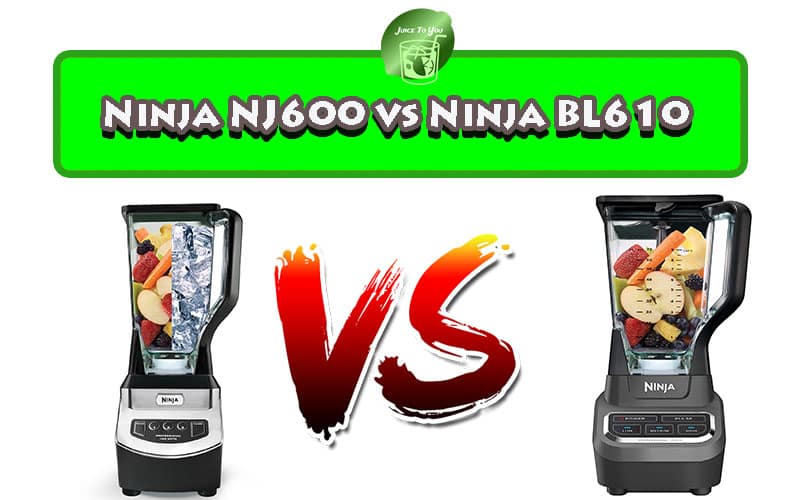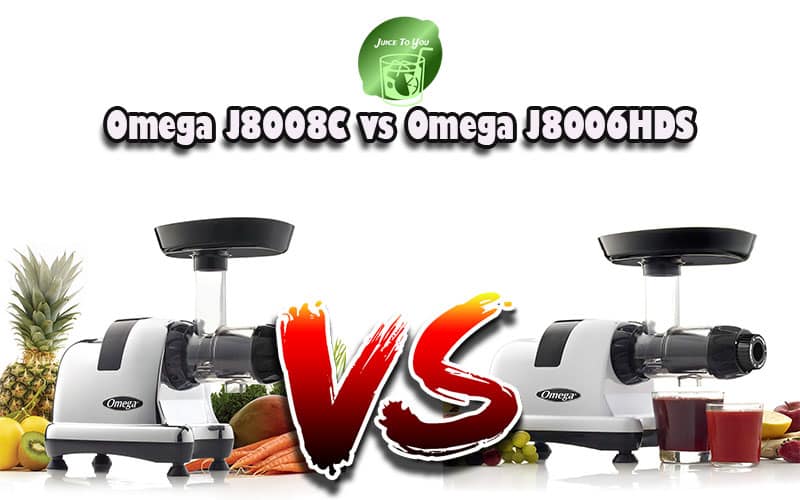Juicing has become a popular way to incorporate more fruits and vegetables into our daily diets, and with so many options available, it’s important to know what to look for in a home juicer. From the efficiency of extracting juice to the ease of cleaning, finding the perfect juicer can easily become overwhelming. That’s why we’ve put together a guide to help you navigate through the sea of juicers and find the one that suits your needs best. Whether you’re a seasoned juicing enthusiast or just starting out, we’ve got you covered with our expert advice on what to look for in a home juicer.
Review contents
Design and Size
Space-saving design
When considering a home juicer, it’s important to choose one that has a space-saving design. After all, not all of us have large kitchen countertops or ample cabinet space. A compact juicer with a small footprint will allow you to make the most of your kitchen space while still enjoying the benefits of fresh juices.
Portability
If you’re someone who loves to travel or wants the flexibility to take your juicer on the go, portability is a key factor to consider. Look for a juicer that is lightweight and easy to transport. Some juicers even come with travel-friendly features like a compact size or a built-in handle, making it convenient to continue your healthy juicing habits wherever you may be.
Ease of assembly and disassembly
No one wants to spend hours trying to assemble or disassemble a juicer every time they want a refreshing glass of juice. Look for a juicer that offers easy assembly and disassembly. Ideally, it should come with clear instructions and minimal parts to make the process quick and hassle-free. This will save you valuable time and energy in the long run, allowing you to enjoy your juicing experience without any added stress.
Juicing Speed and Efficiency
Powerful motor
When it comes to juicing, speed and efficiency go hand in hand. A powerful motor is essential for extracting juice quickly and effectively. Look for a juicer with a high wattage motor to ensure that it can handle even the toughest fruits and vegetables. This will prevent any unwanted clogs or stalling during the juicing process, saving you time and frustration.
Variable speed settings
Not all fruits and vegetables require the same level of power to be juiced effectively. That’s why having variable speed settings in a juicer is a great feature to look for. These settings allow you to adjust the juicing speed based on the specific produce you are using. This ensures that you can achieve optimal extraction and juice quality for a variety of fruits and vegetables.
Efficient juice extraction
Efficiency is key when it comes to getting the most out of your fruits and vegetables. Look for a juicer that is known for its efficient juice extraction capabilities. This means that the juicer will be able to extract a high percentage of juice from the produce, leaving behind minimal waste. This not only maximizes the amount of juice you can enjoy but also ensures that you are getting the most nutrients possible.
Minimal pulp
For those who prefer their juices with minimal pulp, finding a juicer that can produce a smooth and pulp-free juice is important. Look for a juicer with a strainer or filter system that effectively separates the pulp from the juice. This will give you the option to enjoy a pulp-free juice or adjust the amount of pulp to your personal preference. The ability to control the pulp level will ensure that you can customize your juicing experience to your liking.
Juice Quality
Nutrient retention
One of the main reasons people turn to juicing is to reap the benefits of the vitamins, minerals, and antioxidants found in fruits and vegetables. To ensure that you are getting the most out of your juice, look for a juicer that is designed to retain the nutrients during the juicing process. This means that the juicer should have a slow juicing function or a cold-press mechanism that minimizes heat and oxidation, preserving the integrity of the nutrients in the juice.
Minimal heat transfer
Heat can cause a loss of essential nutrients in the juicing process. That’s why it’s important to choose a juicer that minimizes heat transfer during operation. Look for juicers with slow juicing functions or ones that use a cold-press method to extract juice. These methods ensure that the juice stays cool, preserving the valuable nutrients and enzymes that are often destroyed by heat.
Low oxidation
Oxidation is another factor that can affect the quality of your juice. When fruits and vegetables are exposed to oxygen, they can quickly lose their nutritional value and freshness. That’s why it’s crucial to choose a juicer that minimizes oxidation during the juicing process. Look for features like a slow juicing function or a sealed juicing chamber that reduces the contact between the juice and air, keeping it fresh and nutrient-rich for longer.
Smooth texture
A smooth and velvety texture can greatly enhance the juicing experience. Look for a juicer that is capable of producing juice with a smooth texture. This means that the juicer should have effective straining or filtering mechanisms to remove any pulp or fiber, resulting in a silky-smooth juice. A smooth texture not only enhances the taste but also makes the juice more enjoyable to drink.
Ease of Use
Intuitive controls
Nobody wants to struggle with complex buttons or confusing controls when they’re just trying to make a simple glass of juice. That’s why it’s important to choose a juicer with intuitive controls. Look for a juicer with clear and easy-to-understand buttons or dials that allow you to operate it with ease. This will ensure a seamless juicing experience, even for beginners.
Large feed chute
The size of the feed chute can greatly impact the ease of juicing. Look for a juicer with a large feed chute that can accommodate whole fruits and vegetables. This eliminates the need for pre-cutting or chopping, saving you time and effort. With a large feed chute, you can simply drop in your produce and let the juicer do the work, making the juicing process quick and convenient.
Easy pulp ejection
After juicing, dealing with leftover pulp can be a cumbersome task. That’s why it’s important to choose a juicer with easy pulp ejection. Look for a juicer that has a separate pulp container or a built-in pulp ejection system. This allows you to easily remove and dispose of the pulp without having to stop and clean the juicer in the middle of the process. Easy pulp ejection will streamline the juicing experience, making it more efficient and hassle-free.
Quick and easy cleaning
Nobody wants to spend hours scrubbing juicer parts after every use. That’s why it’s essential to choose a juicer that is quick and easy to clean. Look for a juicer with removable and dishwasher-safe parts. This allows you to easily rinse or place the parts in the dishwasher for a thorough cleaning. Additionally, look for juicers with cleaning brushes or tools that aid in removing any leftover pulp or residue. Quick and easy cleaning will make the juicing experience more enjoyable and encourage you to juice on a regular basis.
Noise Level
Quiet operation
Nobody wants to wake up the entire household or disturb their neighbors when making a morning juice. That’s why it’s important to consider the noise level of a juicer. Look for a juicer that offers quiet operation, allowing you to juice without creating unnecessary noise. Many juicers now come with noise reduction features or quiet motors to ensure a peaceful juicing experience.
Low decibel rating
If you’re sensitive to noise or live in a small apartment where sound can easily travel, consider choosing a juicer with a low decibel rating. Decibels (dB) measure the intensity of sound, and a lower rating means a quieter operation. Look for juicers with a decibel rating of 60 dB or lower, as this is generally considered quiet and won’t disturb your surroundings.
Juicing Capacity
Large juice container
Having a large juice container is beneficial, especially if you’re juicing for multiple people or want to store juice for later. Look for a juicer that comes with a spacious juice container, allowing you to make a larger quantity of juice in one go. This eliminates the need to constantly empty the container and ensures that you have enough juice to satisfy your needs.
Ability to process large quantities
If you enjoy juicing in bulk or want the flexibility to make large quantities of juice, choose a juicer with the ability to process large quantities of produce at once. Look for a juicer with a wide feeding chute and a high-capacity pulp container. This will allow you to continuously juice without having to stop and empty the container frequently. The ability to process large quantities ensures a smooth and uninterrupted juicing experience.
Continuous juicing
For those who like to juice for extended periods, it’s essential to choose a juicer that offers continuous juicing capabilities. Look for a juicer with a built-in pulp ejection system or a larger waste container. This will allow you to juice for longer periods without interruptions, as the juicer will automatically discard the pulp. Continuous juicing ensures a seamless and efficient juicing experience, especially when preparing larger quantities of juice.
Versatility
Ability to juice various fruits and vegetables
Versatility is a key factor to consider when choosing a home juicer. Look for a juicer that can handle a wide range of fruits and vegetables. Whether you want to juice hard produce like carrots and apples or delicate leafy greens like kale and spinach, a versatile juicer should be capable of extracting juice from various types of produce. This allows you to experiment with different juice combinations and enjoy a diverse range of flavors and nutrients.
Compatible with different juicing techniques
Different juicing techniques produce different types of juice, and it’s important to choose a juicer that is compatible with your preferred juicing method. Whether you prefer a traditional centrifugal juicer or a modern cold-press juicer, make sure the juicer you choose aligns with your juicing preferences. This will ensure that you achieve the desired juice consistency and quality.
Additional functionalities (e.g., making nut milk)
Some juicers offer additional functionalities that go beyond basic juicing. If you’re someone who enjoys making nut milk or experimenting with different recipes, consider choosing a juicer that offers these additional features. Look for a juicer with attachments or accessories specifically designed for making nut milk or other specialty recipes. This will provide you with more options and versatility in your juicing journey.
Durability and Warranty
High-quality materials
Durability is an important factor to consider when investing in a home juicer. Look for a juicer made from high-quality materials that can withstand regular use and last for a long time. Stainless steel or durable plastic components are commonly used in juicers, ensuring their longevity and resistance to wear and tear. Choosing a juicer with high-quality materials will give you peace of mind knowing that your investment will be able to withstand the test of time.
Sturdy construction
A sturdy construction ensures that the juicer remains stable and secure during operation. Look for a juicer with a solid and robust build that can withstand the vibrations and pressure that occur during juicing. This will prevent any wobbling or movement, ensuring a safe and efficient juicing experience. A sturdy construction also contributes to the overall durability of the juicer, adding to its lifespan.
Long warranty period
A juicer is an investment, and having a long warranty period provides valuable protection and peace of mind. Look for a juicer that comes with a substantial warranty period, preferably one that covers both parts and labor. This will ensure that you are protected against any manufacturing defects or malfunctions. A long warranty period is a testament to the manufacturer’s confidence in their product and assures you that you are investing in a reliable and trustworthy juicer.
Safety Features
Auto shutdown feature
Safety should always be a top priority when using any electrical appliance, including a juicer. Look for a juicer with an auto shutdown feature that automatically turns off the juicer after a certain period of inactivity. This helps prevent any overheating or potential damage to the juicer. The auto shutdown feature provides an extra layer of safety and ensures that the juicer operates within safe parameters.
Non-slip base
A juicer with a non-slip base offers stability and prevents any accidental slips or falls during operation. Look for a juicer with rubberized feet or suction cups that securely grip the surface, ensuring that the juicer remains in place during use. This minimizes the risk of any accidents or injuries and provides a safe juicing experience.
Overheating protection
Overheating can damage the juicer and pose a safety risk. Look for a juicer with overheating protection mechanisms, such as a built-in thermal sensor or automatic temperature control. These features monitor the juicer’s temperature and prevent it from reaching dangerous levels. Overheating protection ensures the longevity of the juicer and protects both the appliance and the user.
Safety locking mechanism
A safety locking mechanism adds an extra layer of protection, especially when dealing with sharp blades and high-speed rotation. Look for a juicer that has a secure locking system that prevents the juicer from operating unless all parts are properly in place. This ensures that the juicer cannot be accidentally turned on or used improperly, reducing the risk of any accidents or injuries.
Price and Value for Money
Affordability
When choosing a home juicer, it’s important to consider your budget. Look for a juicer that offers a good balance of features and affordability. While there may be high-end juicers with advanced features, you don’t necessarily need to break the bank to enjoy the benefits of fresh juices. There are plenty of affordable options available that provide excellent juicing capabilities without compromising on quality.
Long-term savings
While the upfront cost of a juicer may seem significant, it’s important to consider the long-term savings it can provide. Investing in a home juicer allows you to make your own fresh juices at a fraction of the cost of store-bought juices. Additionally, you have control over the ingredients, ensuring that you are getting wholesome, natural juices without any added sugars or preservatives. Over time, the savings from making your own juice can add up, making a home juicer a cost-effective choice in the long run.
Included accessories and attachments
When considering the price and value for money, it’s worth looking at the included accessories and attachments that come with the juicer. Some juicers come with extra attachments like citrus presses, food processors, or smoothie blenders. These additional functionalities provide versatility and allow you to use the juicer for a wider range of purposes. While these accessories may increase the upfront cost slightly, they can greatly enhance the value and utility of the juicer, providing you with more options in the kitchen.
In conclusion, when looking for a home juicer, there are several important factors to consider. Design and size, juicing speed and efficiency, juice quality, ease of use, noise level, juicing capacity, versatility, durability and warranty, safety features, and price and value for money are all essential aspects to evaluate. By carefully considering these factors and finding a juicer that aligns with your needs and preferences, you can enjoy the benefits of fresh juices at home with ease and satisfaction. Happy juicing!

